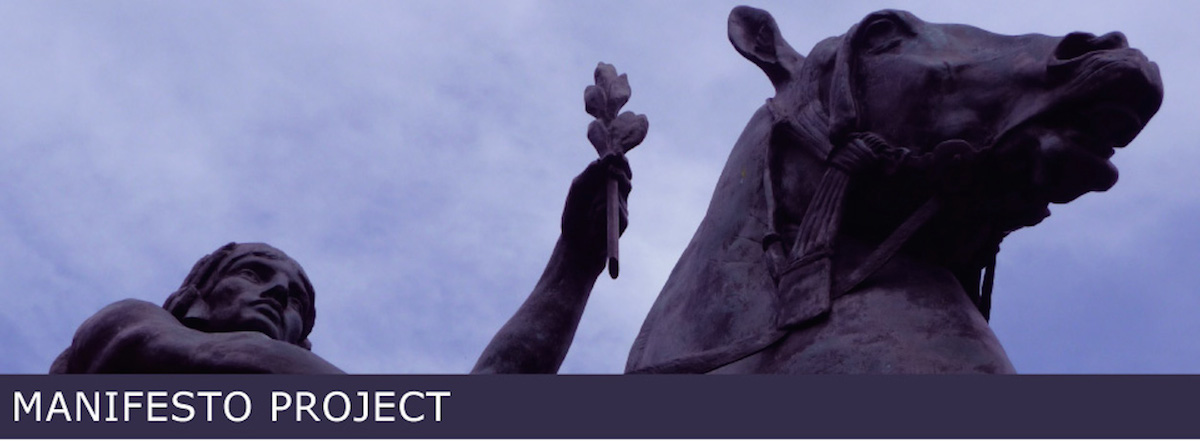Creator
Leon Gautier was a French literary historian who lived from 1832 to 1897.
Gautier’s Ten Commandments were written in the 19th century even though the various codes of conduct he wrote about were created between 1170 and 1220.
Purpose
The Chivalry code was intended to guide the behaviour of knights during the Middle Ages.
It was applied to men of noble standing or ancestry who were capable of equipping themselves with a war horse and a cavalry of supporting riders.
The world ‘chivalry’ means ‘horsemanship’ in Old French. The Italian word is ‘cavalry’.
Chess fans will note that the ‘knight’ or armoured cavalry is typically represented as a horse’s head and neck.

Manifesto
Gautier’s Ten Commandments of chivalry are:
- Thou shalt believe all that the Church teaches and thou shalt observe all its directions.
- Thou shalt defend the Church.
- Thou shalt respect all weaknesses, and shalt constitute thyself the defender of them.
- Thou shalt love the country in which thou wast born.
- Thou shalt not recoil before thine enemy
- Thou shalt make war against the infidel without cessation and without mercy.
- Thou shalt perform scrupulously thy feudal duties, if they be not contrary to the laws of God.
- Thou shalt never lie, and shalt remain faithful to thy pledged word.
- Thou shalt be generous, and give largesse to everyone
- Thou shalt be everywhere and always the champion of the Right and the Good against Injustice and Evil.
Note: The use of old English – not quite how we speak or spell words today.
Source
https://en.wikipedia.org/wiki/Léon_Gautier
http://www.medieval-spell.com/Medieval-Code-of-Chivalry.html
https://en.wikipedia.org/wiki/Chivalry
Comment
The most interesting thing with regard to this manifesto is the gap between the living of the Chivalry code in the Medieval period and the six hundred plus years before it was written down and published by a historian.
Given the tight knit and elite community of knights in the medieval period, an oral manifesto clearly was effective.
In contrast, in our current social media world, the balance has swung in the opposite direction – if it is not published online then it effectively doesn’t exist.
It is perhaps no surprise that it is written in the classic Bible style of the Ten Commandments given its strong religious tone.
This connection between knights and their ‘war horses’ reminds us of the strong influence that religion had on the politics of the time.
